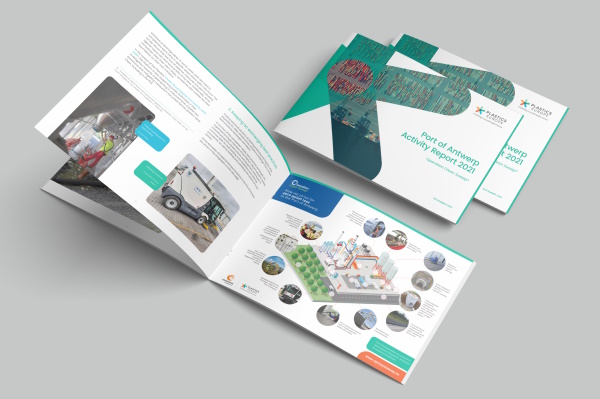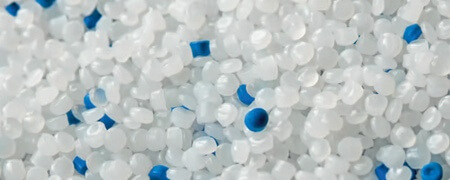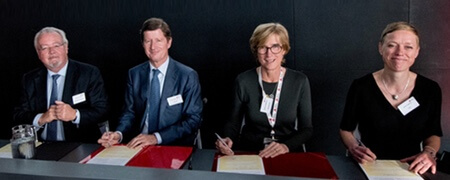Welcome to the new European OCS website
Operation Clean Sweep® (OCS) is a free voluntary programme aimed at improving awareness, promoting best practices and providing guidance and tools to support companies from the plastics value chain in the implementation of the necessary pellet loss prevention measures.

The pellet loss issue
Whilst high environmental, safety and quality management controls are applied throughout the plastics industry, unintentional loss of pellets can occur at different stages along the value chain and end up in the environment.

The OCS toolbox
To assist companies in the implementation of OCS and to create effective pellet containment measures, several tools like the manual and checklists are available in different languages.

OCS Europe Certification Scheme
The OCS Europe certification scheme is aimed at controlling and documenting the compliance of companies throughout the entire plastics supply chain with requirements on the prevention of plastic pellets, powders and flakes loss to the environment.
Reports

Operation Clean Sweep® Port of Antwerp Activity Report 2021
Nov 15, 2021
The Operation Clean Sweep® (OCS) Port of Antwerp Activity report 2021 gives an overview of the efforts made by the members of the Antwerp Zero Pellet Loss Platform.

Operation Clean Sweep® Report 2018
Mar 3, 2019
Following the release of its first Operation Clean Sweep® (OCS) report in 2017, PlasticsEurope has made the OCS programme a top priority in 2018, setting new targets for its members.

Port of Antwerp to lead the way towards zero pellet loss
Oct 23, 2017
On 10th October 2017, the entire plastics value chain gathered in the Port of Antwerp to formalize a unique collaboration in signing the Operation Clean Sweep® pledge.